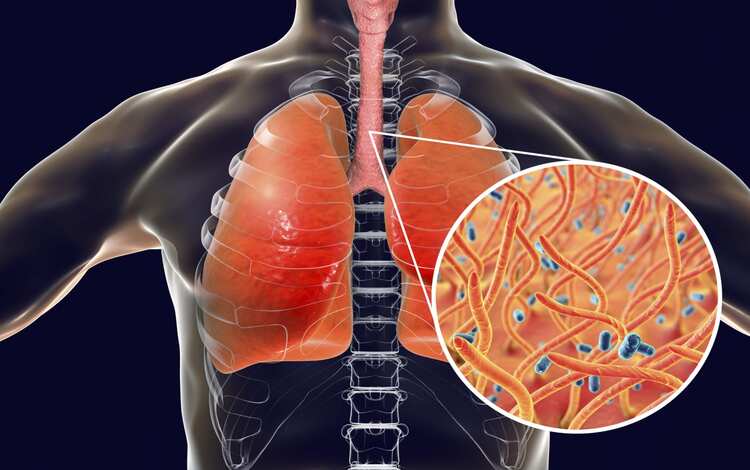In a concerning development, the Department of Health (DOH) has reported a significant increase in pertussis cases across the Philippines. From March 10 to 16 alone, 28 new cases were recorded, bringing the total count to a staggering 568 from January 1 to March 16. What’s even more alarming is that among these cases, 40 deaths have been reported, indicating the severity of the situation.

Comparing these figures to the same period in the previous year paints a stark picture. In 2023, the total number of cases for the equivalent period was a mere 26, making this year’s tally more than twenty times higher. This drastic surge in pertussis cases demands immediate attention and concerted efforts to curb its spread.
Delving deeper into the data provided by the DOH reveals some concerning trends regarding the geographical distribution of cases. Regions such as CALABARZON, Metro Manila, Western Visayas, MIMAROPA, and Central Visayas have shown the highest number of local government units reporting case increases. Of these, Metro Manila stands out, accounting for a significant portion of the total confirmed cases, with 58 cases constituting 27% of the overall count across all regions.
The rise in pertussis cases underscores the importance of public health interventions and awareness campaigns to mitigate the spread of the disease. Pertussis, commonly known as whooping cough, is a highly contagious respiratory illness caused by the bacterium Bordetella pertussis. It is characterized by severe coughing fits, often accompanied by a characteristic “whoop” sound during inhalation, particularly in infants and young children.
Vaccination remains the most effective preventive measure against pertussis. The pertussis vaccine is typically administered as part of the combination vaccine known as DTaP, which also protects against diphtheria and tetanus. Ensuring high vaccination coverage, particularly among infants and pregnant women, is crucial in preventing outbreaks and reducing the severity of the disease.
Furthermore, early detection and prompt treatment of pertussis cases are essential in preventing complications and reducing mortality rates. Healthcare providers should maintain a high index of suspicion for pertussis, especially in patients presenting with prolonged coughing spells, and initiate appropriate diagnostic testing and treatment promptly.
The surge in pertussis cases, coupled with the significant number of reported deaths, warrants urgent action from health authorities and the public alike. Heightened vigilance, comprehensive vaccination programs, and timely healthcare interventions are indispensable in containing the spread of pertussis and safeguarding public health. Concerted efforts must be made to address this pressing public health challenge and prevent further escalation of the outbreak.
